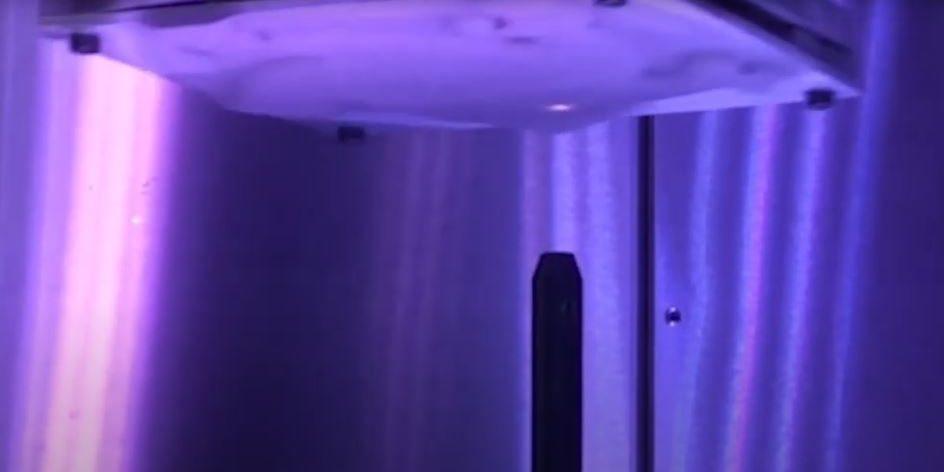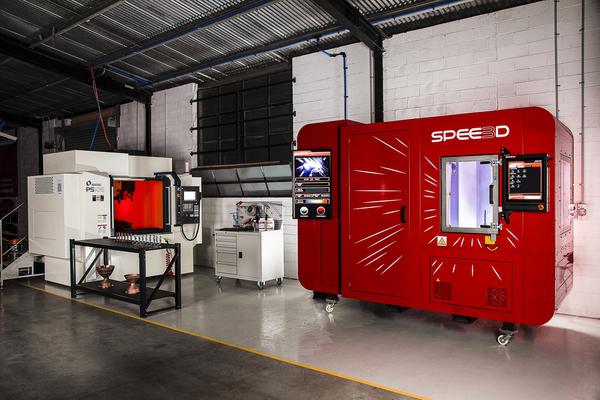
Additive manufacturing technology group SPEE3D has announced a breakthrough process enabling it to offer for the first time 3D printed stainless-steel parts and components.
With funding support from energy and resources sector industry growth centre National Energy Resources Australia (NERA), SPEE3D can now print corrosion resistant, stainless-steel components on site and in remote locations, including Australian defence sites which are equipped with the company’s 3D printers.
SPEE3D CEO Byron Kennedy said the technology offered a huge opportunity, especially in the oil and gas industry, to produce stainless steel components on site, quickly and cheaply.
Kennedy said: “Stainless steel is used very extensively in the oil and gas industry and when parts break or need replacing, waiting for something to be delivered to a remote location or repaired on site can cause extremely costly delays.
“SPEE3D’s onsite printing of 316L stainless steel means these delays can be overcome and a new part can be printed and installed in a far shorter timeframe.”
1316L stainless steel is a type of metallic alloy of stainless steel that is austenitic and contains nickel and molybdenum, which make it corrosion resistant and utilised widely in the oil and gas sector.
Approximately 10 per cent of the volume of consumable spare parts at the Darwin LNG facility’s inventory are 316L stainless steel.

NERA first supported SPEE3D in 2018 to help develop its WarpSPEE3D printer, and has since supported the redesign and re-engineering of the printers to enable the printing of 316L stainless steel.
SPEE3D co-founder Steve Camilleri said: “We’re confident being able to print stainless steel on demand will…undoubtedly bring new collaboration, sales, and export opportunities.
“Manufacturing stainless steel parts using SPEE3D technology will completely redefine additive manufacturing’s place within the sector.
“For the first time the supply chain will be able to source parts on demand, and substantially reduce cost.”
NERA’s CEO Miranda Taylor said SPEE3D’s technology was ‘an amazing solution’ and example of Australian know-how, collaboration and innovation.
Taylor said: “And now SPEE3D’s movement into producing stainless steel as a 3D printed part is really critical because – as is the case with oil and gas – there are a number of sectors in which steel is the medium of choice.
“We really need to be leading and participating in the race for technology and advanced manufacturing and companies like SPEE3D are absolutely critical to this.”
SPEE3D printers rely on the power of kinetic energy, rather than on high-power lasers and expensive gasses, meaning it is 100 to 1000 times faster than traditional 3D metal printing, according to NERA.
Picture: SPEE3D
Subscribe to our free @AuManufacturing newsletter here.